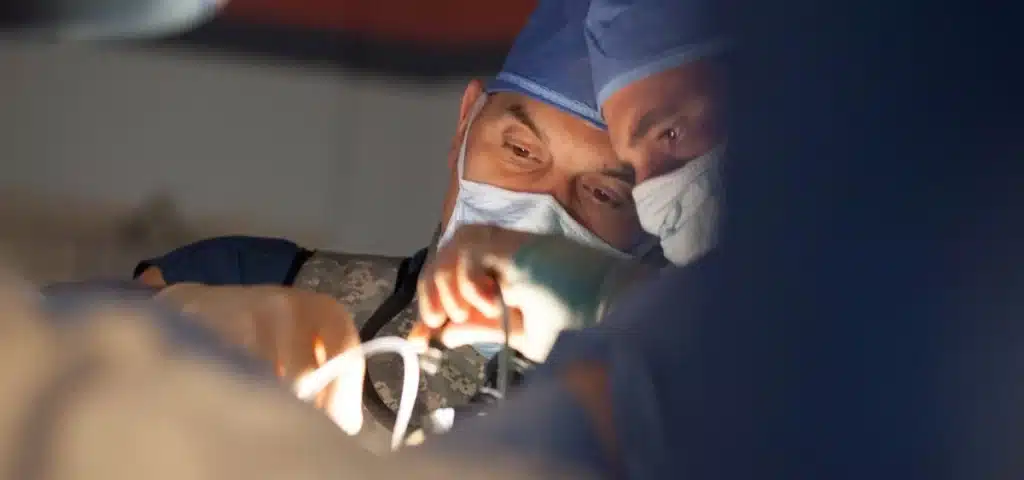
In the USA, Kidney cancer is one of the most common cancers found in adults across the nation. Thousands of people are diagnosed with kidney cancer every year. If you or anyone you know has recently been detected, it is very overwhelmed. But fortunately, kidney cancer is usually treatable, particularly when found earlier. In this blog article, we are going to discuss kidney cancer: treatment cost & success rate in the USA.
Kidney cancer forms in the kidneys, which are two bean-shaped organs situated below your rib cage on both sides of your spine. Their major job is to remove waste from your blood and make urine. Renal Cell Carcinoma is one of the most common type of kidney cancers in adults. And, transitional cell carcinoma and Wilms’ tumor are mostly impact children.
In the earlier stages, kidney cancer usually has no signs. Many people observe it during imaging examinations and unrelated tests. But here we mentioned some common symptoms, such as:
If you have noticed any of these symptoms, talk to your doctor immediately and seek consultation.
Typically, doctors use multiple cutting-edge tools to detect kidney cancer, such as:
Blood and Urine tests: To check the functionality of your kidneys and symptoms of kidney cancer.
Biopsy: In this small sample, a kidney tissue is removed and examined in a lab to confirm the probability of cancer.
Imaging Tests: Ultrasounds, CT scans, and MRIs to visualize the cancer or tumor.
There are many treatment choices available according to the stage of cancer, your general health, and needs. Here we shared some common treatment procedures available in the USA:
Surgery is usually the first step if the tumor is small and has not spread yet.
Success Rate: Surgery is highly effective in earlier stages, with an almost 5-year survival ratio of 90% or higher.
Targeted therapy involves drugs that particularly attack cancer cells without harming healthy cells. They are generally utilized when a cancer has spread or appear again after surgery.
Success Ratio: Almost 70 to 80% of patients respond well, particularly when combined with other treatment choices.
Their treatment procedure helps the immune system to find and remove the cancer cells. It is usually utilized for metastatic kidney cancer.
Common drugs: Nivolumab (Opdivo), Pembrolizumab (Keytruda).
Success Rate: Many patients experience effective tumor shrinkage or infection control from this therapy.
It is typically used to relieve pain or symptoms caused by cancer that has spread, not generally a major treatment.
In the USA, kidney cancer treatment and other healthcare procedures can be costly. The actual cost of kidney cancer treatment depends on things such as your location, insurance plan, and type of treatment procedure. Here we mentioned an estimation of cost as per different treatments, such as:
| Treatment Type | Estimated Costs |
| CT Scan / MRI | $1,200 – $3,000 |
| Surgery (Partial Nephrectomy) | $20,000 – $40,000 |
| Surgery (Radical Nephrectomy) | $25,000 – $50,000 |
| Targeted Therapy | $10,000 – $20,000/month |
| Immunotherapy | $15,000 – $25,000/month |
| Radiation Therapy | $5,000 – $10,000 per session |
| Chemotherapy | $5,000 – $10,000 per cycle |
Note: These are estimated prices and vary as on different present situations.
Many private insurance providers and Medicare cover kidney cancer treatment, but the accurate cost of treatment depends on your plan. Check these aspects, such as:
The success ratio of kidney cancer treatment depends mainly on the stage at which the cancer is detected. Here is a breakdown as per the report of American Cancer Society data:
| Stage | 5-Year Survival Rate |
| Localized (Stage I) | ~93% |
| Regional (Stage II–III) | ~71% |
| Distant (Stage IV) | ~14% |
Earlier detection is key. As earlier the cancer is found, there are better the chances of long-term survival.
The diagnosis of cancer is life-changing for a person, but many people continue to live their lives during and after cancer treatment. Here we shared a few important tips for handling the entire journey of kidney cancer & treatment, such as:
In conclusion, a kidney cancer diagnosis can be difficult, but understanding the treatment choices, costs, and success ratio provides crucial support. Earlier diagnosis is crucial to enhancing survival, so watch for symptoms and seek instant medical attention. Many patients can lead full living of lives during and after treatment because of advancements in treatment procedures and available emotional support from a trusted healthcare team.
Answer: Earlier symptoms are probably nonspecific, but some common symptoms such as blood in the urine, constant lower back pain, a swelling in the stomach, fatigue, unexplained weight loss, and irregular fever.
Answer: Follow-up after kidney cancer treatment probably includes routine checkups, blood tests, monitoring kidney function, imaging tests to check for recurrence, and discussions about your recovery and any possible symptoms.
Answer: A kidney cancer diagnosis can be difficult and probably lead to a wide range of emotions, such as anxiety, depression, and stress. It is important to pursue counseling, support groups, and be busy in activities that bring happiness to you.

Dr. Mourad Abouelleil is a highly skilled and certified urologist known for his dedication to excellence in advanced urological procedures, such as robotic prostatectomy, HIFU, etc. With cutting-edge technology and extensive experience, Dr. Mourad Abouelleil provides personalized treatment plans to meet the unique needs of every patient with quality medical care.
Error: Contact form not found.